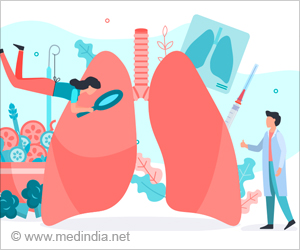
Researchers developed a new online survey and compiled a Mask Effects Scale (MES) and measured asthma control.
In addition to answering questions from the survey, participants were also questioned about their experiences wearing masks, and their recommendations for others with asthma.
When asked to comment on their experiences wearing a mask, 45% indicated they had problems breathing and increased coughing when wearing a mask. However, 39% indicated they had no change in their asthma when wearing a mask. Notably, 5% responded they did not always wear a mask, and 2% indicated they had improved asthma/asthma symptoms when wearing a mask — likely because the mask protected them against pollen/pollutants that triggered their asthma, according to the study.
Other survey participant suggestions include:
READ RELATED: Award-winning producer, 39, with cancer avoids jail for sexual assault
- Take the time to find a comfortable, well-fitting mask.
- Keep an inhaler with you.
- Take a mask break and use breathing techniques.
Employers should consider making accommodations for those with asthma to take safe mask breaks and other suggestions include using a pulse oximeter to show yourself you are getting enough oxygen when wearing a mask; make sure your mask is room temperature if cold triggers your asthma; apologize to others around you if you must cough and verbalize you have asthma; and, stay home as much as possible.
In conclusion, it was found that there was no specific reason for a person with asthma should not wear a mask, but those who have concerns about wearing a mask should contact their physician to wear what sort of mask to use.
Source: Medindia
Source:







